Vietnam's economic reform from 2011 to present, as recorded through the World Economic Freedom Index, suggests important policy lessons for us.
Fraser Institute (Canada) released the 2024 Annual Report: Economic Freedom of the World on October 16. This is the third consecutive year that Vietnam has improved its score and ranking in the World Economic Freedom Index. Specifically, the score increased from 6.17 points in 2019 to 6.23 points in 2022. In terms of ranking, Vietnam increased from 123/165 to 99/165 in the same period. This is also the first time that Vietnam's ranking position is among the top 100 countries and territories. Vietnam's score and ranking improved from 2020-2022, the period when the world fought against the Covid-19 pandemic. To prevent the pandemic, many countries have applied measures that significantly affect people's economic freedom, leading to a sharp decline in the world's average economic freedom score, from 6.8 points in 2019 to 6.56 points in 2022. 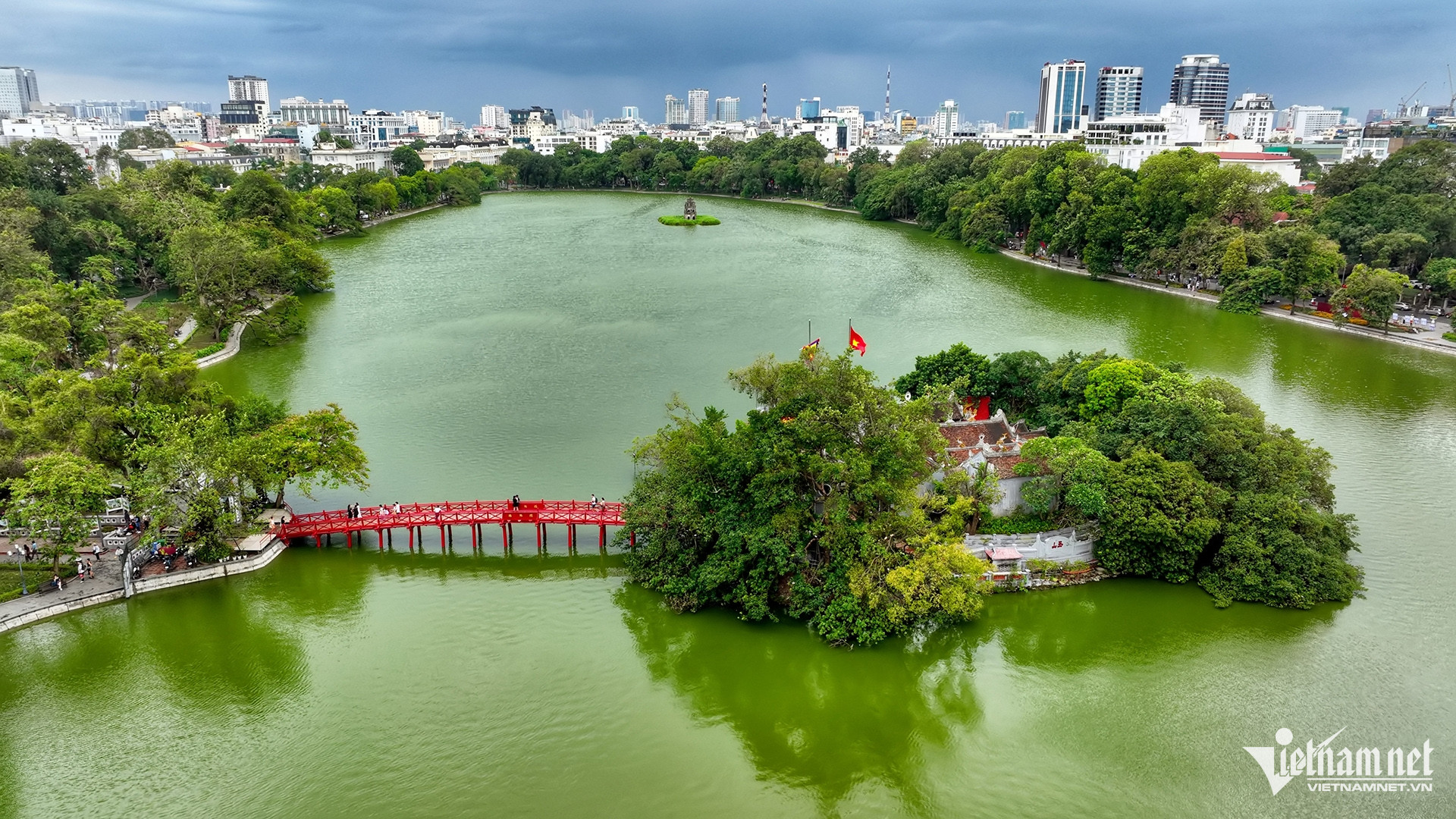


For the first time, Vietnam's ranking is among the top 100 countries and territories. Illustration photo: Hoang Ha
Vietnam's scores and rankings in the World Economic Freedom Index reflect that the Vietnamese Government has made timely market-friendly economic policy adjustments to support economic recovery during the Covid-19 pandemic. However, in terms of component indicators, government size is the area with the largest decline in scores and rankings compared to the previous year. Specifically, in 2022, the score of this area was 6.28 - down from 6.51 in 2021, leading to a drop in ranking from 87 to 106. The main reason is that Vietnam's marginal income and wage tax rates as well as the state ownership rate are still too high, with no improvement compared to other countries in the world. The Legal system and property rights area has no change in score compared to the previous year at 5.15; This resulted in a 1-place drop in the ranking, from 77 to 78 compared to the previous year. The Strong Currency area saw a slight improvement in the score (up from 6.95 to 6.98) but it was enough to help the ranking increase sharply from 116 to 105. Controlling money supply growth and inflation continued to be a bright spot in this area. In the area of International Trade Freedom , Vietnam's score increased from 6.43 points to 6.57 points from 2021 to 2022. However, the ranking in this area decreased from 101 to 113. Vietnam achieved good results in the sub-components related to tariffs and black market exchange rates, and was noted to have improved legal barriers in international trade. In the final area, on business regulations , Vietnam continues to record improvements in scores, from 6.16 points in 2021 to 6.20 points in 2022, helping Vietnam's ranking increase from 103 to 99 in the same period. Positive assessments were recorded for the Credit Control sub-component, but negative for the Business Regulation sub-components. Changing economic management thinking Observing Vietnam's scores and rankings in the World Economic Freedom Index from 2000 to present shows that 2011 marked a change in Vietnam's economic management thinking through extensive economic restructuring programs. Basically, it was the abandonment of the easy stimulus policy thinking through the state-owned enterprise sector for short-term growth goals. The Government's annual economic policy management always puts macroeconomic stability as the top priority, so the economy gradually reveals a series of bottlenecks that hinder the operation of the market. Since then, the Government has consistently sought solutions to expand economic freedom for people and businesses through solutions such as reducing tax burdens for businesses, cutting administrative regulations related to investment and business, opening up international trade, attracting foreign investors, improving the quality of public investment, etc. All of these solutions have created stable and sustainable economic growth over the past decade.
The Government's annual economic policy management always puts macroeconomic stability as the top priority. Photo: Hoang Ha
The World Economic Freedom Index has recognized these positive changes in Vietnam, with a continuous improvement in ranking from 141/165 in 2011 to 99/165 in 2022. Although Vietnam's ranking has increased significantly in 4 years, 2019-2022, the score has increased quite slowly, partly due to the Covid-19 pandemic. That poses challenges for Vietnam in the "era of rising up" as well as the time of celebrating the 100th anniversary of the country's founding in 2045. Policy lessons The lessons of Vietnam's economic reform from 2011 to present and recorded through the World Economic Freedom Index suggest the following important policy lessons: First , macroeconomic stability must always be the top priority in any circumstances. Vietnam has done this even in the context of the Covid-19 pandemic. Thanks to that, we have room to recover the economy quickly compared to many other economies that are still struggling to fight inflation. Second , cutting government spending, thereby creating room to reduce taxes and reduce public debt, contributes significantly to improving the investment and business environment. From there, promoting the development of the private enterprise sector, creating a sustainable source of revenue for the government budget. In the coming years, Vietnam will have to invest a lot to develop infrastructure. Importantly, the government needs to persevere in its policy of considering public investment capital as "seed capital" to attract private investment and foreign investment in infrastructure development. Third , expanding international trade to many countries and regions always brings more good than bad things to the economy. When opening up, a part of domestic enterprises and people will face difficulties due to competitive pressure from abroad. But along with that is the learning from partners that helps people and domestic businesses adjust and shift the industry structure. In the coming time, the Government needs to focus on reviewing and eliminating unnecessary non-tariff trade barriers to help domestic businesses better take advantage of business opportunities from international trade agreements. Fourth , it is time for Vietnam to boldly open up the capital market, foreign exchange transactions as well as attract foreign visitors. All the problems related to attracting foreign investment in infrastructure development, building international financial centers, promoting technology startups... require opening up the capital market. Lessons from the expansion of e-visas as well as the extension of the length of stay that has attracted foreign visitors to return in the past two years suggest whether we should unilaterally exempt visas for citizens of many other countries, as many countries in ASEAN have done. Fifth , continue to promote the equitization of state-owned enterprises. The State needs to boldly withdraw from industries where domestic private enterprises have sufficient capacity to supply goods and services, especially in the fields of agriculture , food processing, chemicals, steel production, construction, transportation, logistics, electricity supply (except for some large hydropower plants), retail, finance - banking. The State's withdrawal from these industries will create conditions for the domestic private enterprise sector to develop production capacity, creating a premise to reach out in the new era. Sixth , quickly adjust income tax rates as well as study changes in social insurance payment policies towards the market to attract high-quality human resources for the country and ensure a sustainable source of pension payments in the future. These are shortcomings that have been mentioned by public opinion for many years but there are still no specific solutions. Finally , promote the judicial system towards greater independence, integrity and fairness. It is necessary to transfer part of the task of reviewing and cutting down regulations and sub-law documents that violate laws or the Constitution approved by the National Assembly to judges instead of government agencies. This should be considered a fundamental solution to fight corruption sustainably, while protecting businessmen to do business with peace of mind and state officials to perform their duties properly.Vietnamnet.vn
Source: https://vietnamnet.vn/viet-nam-cai-thien-ve-chi-so-tu-do-kinh-te-the-gioi-2333052.html


![[Photo] Closing ceremony of the 18th Congress of Hanoi Party Committee](https://vphoto.vietnam.vn/thumb/1200x675/vietnam/resource/IMAGE/2025/10/17/1760704850107_ndo_br_1-jpg.webp)






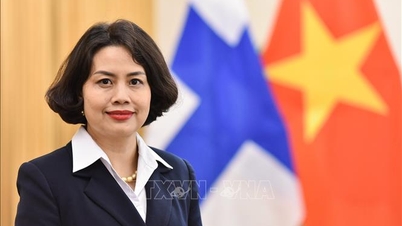


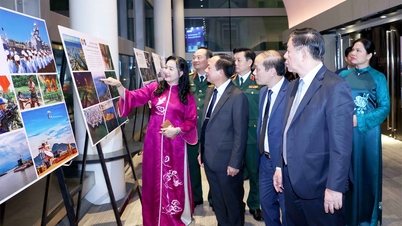



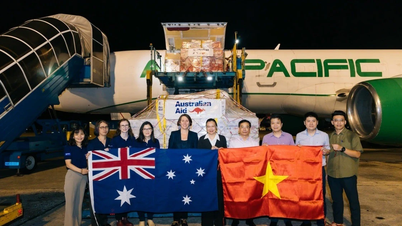


















![[Photo] Nhan Dan Newspaper launches “Fatherland in the Heart: The Concert Film”](https://vphoto.vietnam.vn/thumb/1200x675/vietnam/resource/IMAGE/2025/10/16/1760622132545_thiet-ke-chua-co-ten-36-png.webp)






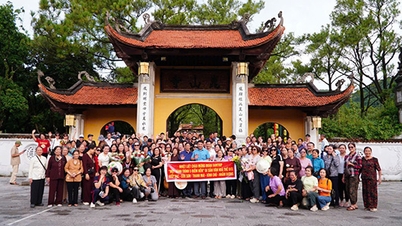


















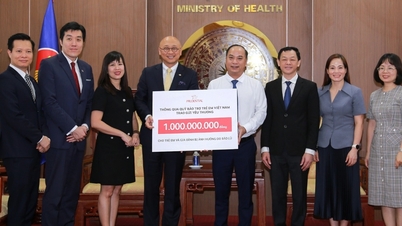

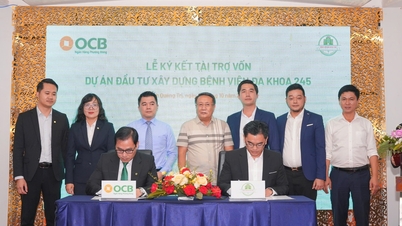











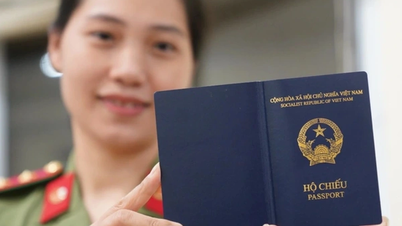



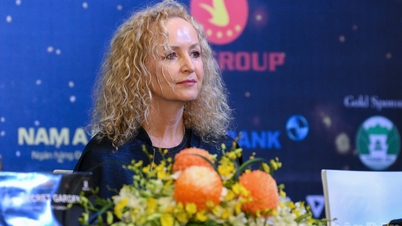
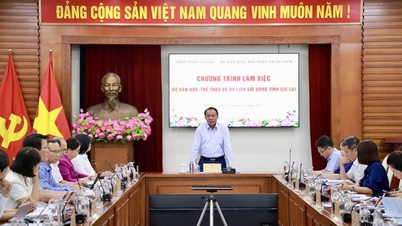

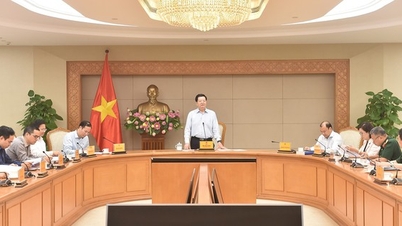
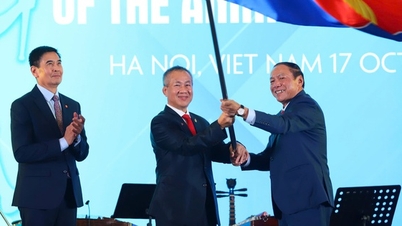
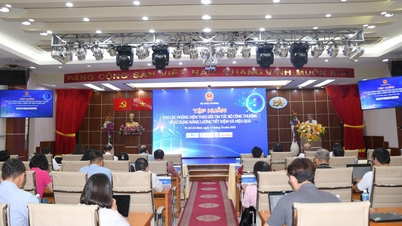

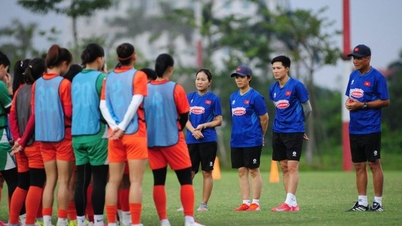
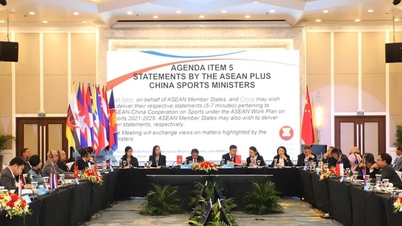
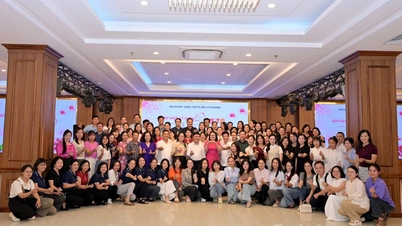



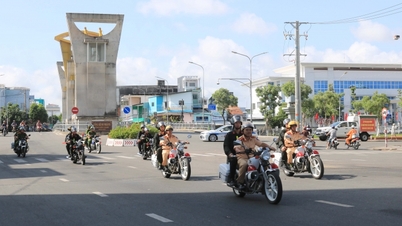


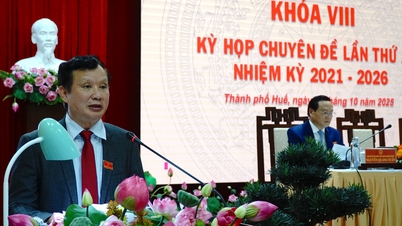













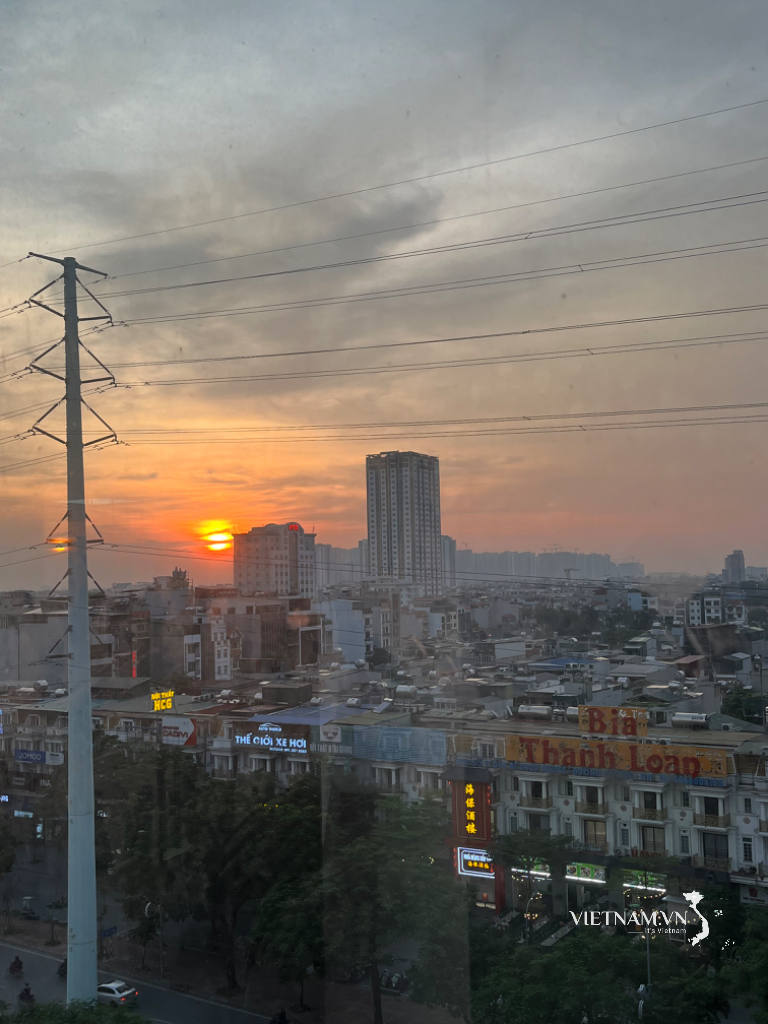



Comment (0)